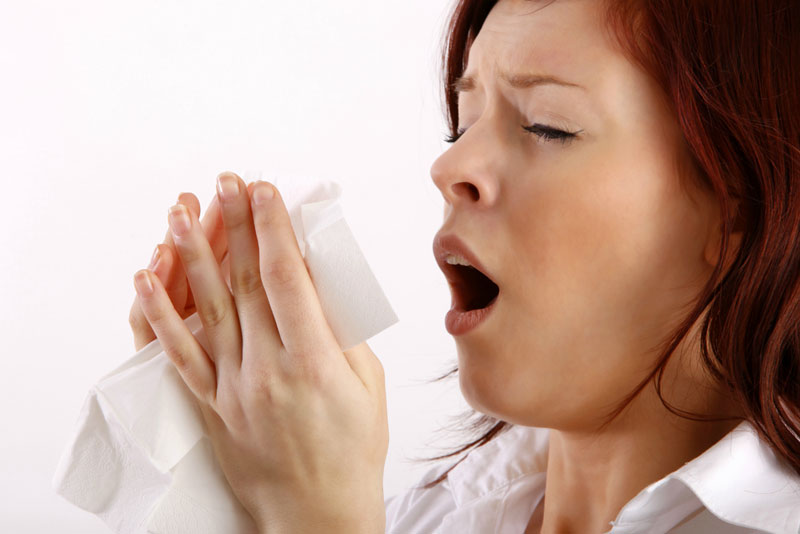What is Rhinitis?
If your mucous membrane is inflamed or irritated, then you have rhinitis. There are many different types of rhinitis, and one of those types is infectious. In this case, the infection can be either bacterial or viral, and the rhinitis itself is part of what is more widely known as a common cold. Other symptoms of a common cold include a slight headache, a sore throat, coughing, and congestion. Infectious rhinitis isn’t always caused by a common cold, though. It can also be one of the results of a condition known as sinusitis. In either case, this form of rhinitis is the simplest, and it ultimately takes care of itself in virtually all cases.
Vasomotor rhinitis is another form of rhinitis which is not associated with any allergic causes. This is what we call a runny nose that seems to happen for no discernible reason. We actually don’t know a lot about this yet, but it seems to happen a lot more often in women than in men. For that reason, some people believe that hormones play a role in causing this phenomenon. Certain smells and temperature changes also seem to be triggers. Whatever the cause (or causes), antihistamine nasal sprays have proven effective in terms of providing relief from the symptoms of this particular form of rhinitis.
Allergic rhinitis is more commonly known as hay fever. When an allergen is inhaled, and the production of antibodies increases in response, hay fever is the result. Swelling, itching, and the increased production of mucous are all common symptoms, though the severity of these symptoms varies from case to case. In fact, many people are so sensitive to allergic rhinitis that they actually develop rashes. Steroids are often used in the treatment of severe cases of allergic rhinitis. Antihistamines are also employed frequently.
If you would like to make an appointment with our ENT surgeon Dr. Michael Barakate to treat rhinitis or the associated symptoms, please contact ENT Clinic Sydney on 1300 123 368.




